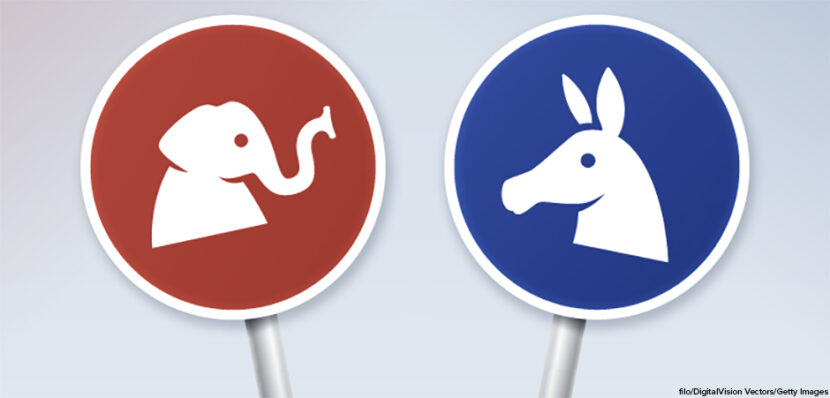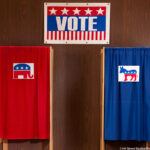
2024 Presidential Debates Announced
President Joe Biden and former president Donald Trump have agreed to two debates before the 2024 presidential election. CNN will broadcast the first debate on June 27, 2024 and ABC will host the second debate on September 10, 2024.
The Commission on Presidential Debates
This agreement reached by Biden and Trump to participate in debates hosted by television networks breaks with tradition. Since 1988, the Commission on Presidential Debates (CPD) has organized the presidential debates in every election. The CPD is an independent organization that does not support either candidate or any political party. The CPD had suggested four debates between September 16 and October 9, 2024.
However, Biden and Trump were unhappy with the CPD’s proposed dates. Both candidates believe that earlier debate dates allow for a greater impact on voters, particularly those casting ballots before Election Day. Additionally, both candidates had complaints about how the CPD had managed debates in prior years.
Qualifying for the Debates
CNN anchors Jake Tapper and Dana Bash will moderate, or conduct, the June 27 debate. It is scheduled to be held in CNN’s studios in Atlanta, Georgia, at 9 p.m. with no audience. ABC anchors David Muir and Linsey Davis will moderate the September 10 debate. Details have not yet been released by ABC.
Both networks agreed on the same rules for qualifying for the debate. The debates will be open to any presidential candidate who gets 15 percent of registered or likely voters in four separate national polls and is on the ballot in enough states to win 270 electoral votes. To qualify for the June 27 debate, the candidates must meet these conditions by June 20, 2024.
As their parties’ presumptive, or likely, nominees, Biden and Trump easily meet these conditions. Robert F. Kennedy Jr., a candidate for the independent We the People party, is trying to meet these qualifications. As of mid-May, Kennedy was on the ballot in five states: Delaware, Hawaii, Michigan, Oklahoma, and Utah. These states have a total of 35 electoral votes, not close to the 270 electoral votes needed to win the election. Kennedy has reached 15 percent of likely voters in two national polls. While it is extremely unlikely he will qualify for the first debate, Kennedy may be on the ballot in enough states and pick up enough voters in national polls by early September to qualify for the second debate. If he does qualify, he would be the first third-party candidate on the presidential debate stage in more than 30 years.


